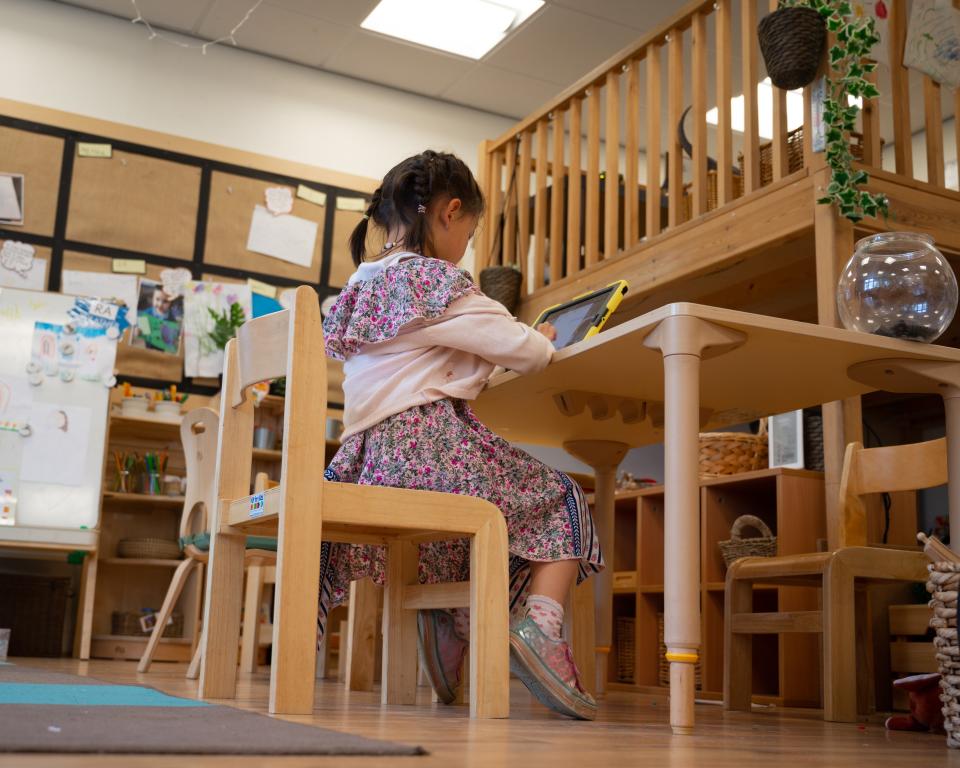BBC Bitesize content now free for students on BT, EE, and Plusnet as struggles with online learning continue

BBC Bitesize content will be free for EE, BT Mobile, and Plusnet Mobile users, allowing them to watch content from the end of January without using up their data allowance.
Bitesize content includes structured lessons for Maths and English for all primary school children, and two-week learning packs for English and Maths for Years 7-9 as well as ‘term topics’ to support teachers in removing classrooms.
For older students, Years 10 and 11, they can pick their exam board and subject to find support for their particular subjects.
“With the pandemic forcing schools to close again we should not allow a lack of digital access to further impact children’s education. This is why I’m delighted we have agreed this partnership with BT to remove data charges when accessing the BBC’s brilliant Bitesize content", Tim Davie, BBC Director General, said.
"The BBC will continue to do all we can to ensure every child, whatever their circumstances, can continue to access vital educational materials during this time.
“To make the process as easy as possible for families, no registration will be required with zero rated access to educational Bitesize content through the BBC website and Bitesize app made automatically.”
The news comes as many children are struggling to stay online and learn in lockdown. According to the communications regulator's Connected Nations report, published last month, around 190,000 properties across the UK cannot access a "decent" broadband connection.
Ofcom estimates that between 1.14 million and 1.78 million children in the UK (9 per cent) do not have home access to a laptop, desktop or tablet, and that more than 880,000 children live in a household with only a mobile internet connection.
“Supporting children and young people to continue their education is vital during this challenging time. It is fantastic that BT and the BBC have joined forces to remove mobile data charges for BBC Bitesize for hundreds of thousands of families across the country”, Education secretary Gavin Williamson said.
“Having worked closely with the UK’s leading mobile network providers since the start of the pandemic, I would like to thank BT for this additional support which builds on the Government’s offer of free mobile data for disadvantaged families.”
Mr Williamson was forced to reverse policy that said schools would remain open. Around one million pupils aged between four and 11 will now be learning remotely until at least 18 January.
In Scotland, schools will remain closed until at least 1 February; in Wales, schools are closed until mid-February; and in Northern Ireland students are not expected back in classrooms until after the half-term break, also in February.
“We want to ensure that no child is left behind in their education as a result of this pandemic, and recognise that we all have a role we can play to help families and carers continue their children’s education while schools are closed”, Marc Allera, the CEO of BT Group’s Consumer division, said.
Read More
As a GCSE student, I have fears over teachers deciding my exam grades
We need to talk about the digital divide
How university societies have become sanctuaries for students

 Yahoo Finance
Yahoo Finance 